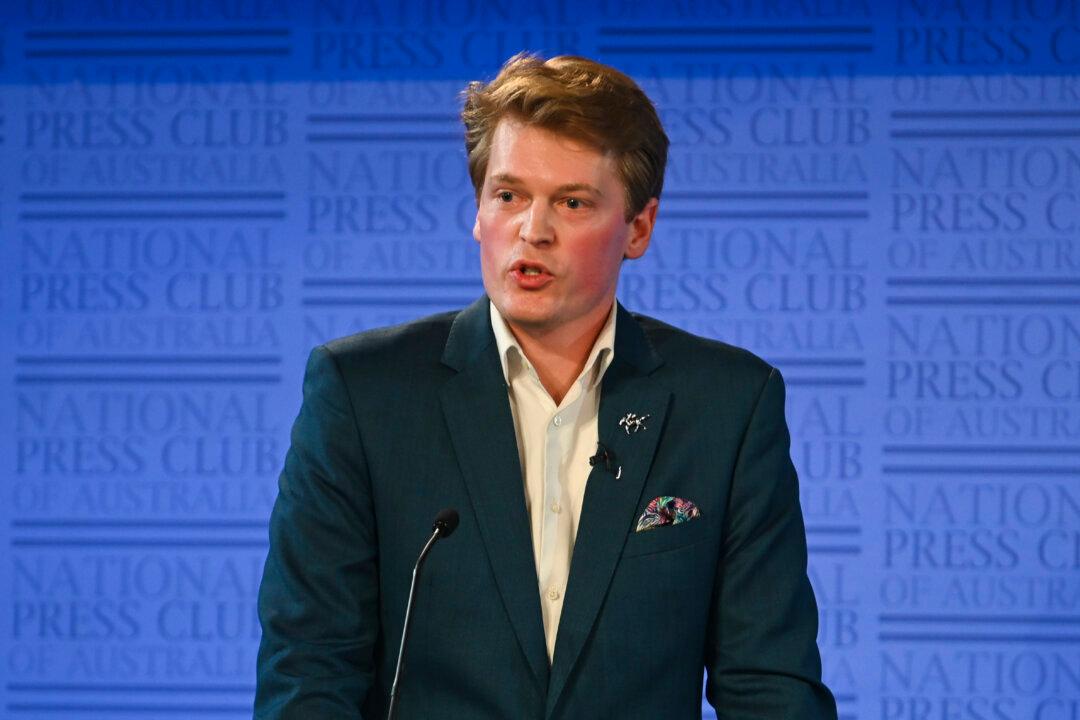Amid the fallout of the Trump administration’s global tariffs, the former head of the Australian Christian Lobby says Aussies need to be more appreciative—and realistic—about U.S.-Australia ties.
As wall-to-wall negative media coverage continues about the Trump presidency and the impact of tariffs on Australian beef exports, Martyn Iles warned his countrymen against taking the security relationship for granted.





